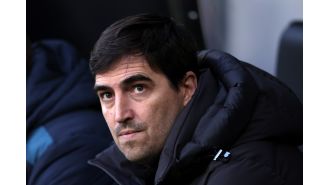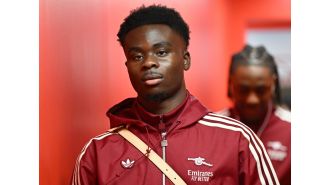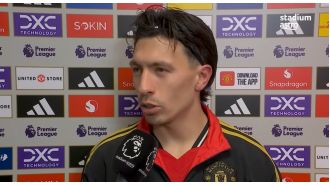Australian athletes are balancing their regular jobs and training as they strive for a spot on the Olympic team.
Competing globally, but also maintaining regular jobs.

As he trains relentlessly for the Olympic Games in Paris 2024, Zachery Schubert, a 28-year-old beach volleyball player, has his sights set on one goal: winning a medal. But when he returns to his home country of Australia, Schubert will be welcomed with a unique surprise. You see, in addition to being an athlete at the highest level, Schubert also has a rather unconventional job - he runs a cricket farm!
Schubert, who hails from Adelaide, came up with the idea for his business, Schubugs Cricket Farm, by combining his family's farming background with his qualifications in nutrition. "It's not something you see every day, someone starting a cricket farm," he admits. With eight shipping containers that hold a million crickets each, Schubert has his hands full. His ultimate goal is to sell the insects for human consumption, as they are already a popular food in some Asian countries and are known for their sustainability and nutritional benefits.
But juggling his training and running a business is no easy feat. Schubert manages to balance both by devoting his weekends to the farm and handling paperwork during the week. However, he plans to become more involved in the business once he retires from professional sports.
Schubert's journey in sports began at the age of 13 when he started playing volleyball in school. He was inspired by his cousin, Grant Schubert, who competed in hockey at the Olympic level. Since then, Schubert has made a name for himself, representing Australia at the junior level and moving to Adelaide at the age of 17 to pursue his passion. However, despite his success, he has always needed another job to support himself. In the early days, he even resorted to washing dishes until 2 am. "For the first six to seven years of my career, I didn't make much money from the sport," he shares.
But Schubert is not the only athlete who has to juggle their sport with a day job. Meet Aran Zalewski, the 32-year-old captain of the Australian men's hockey team, the Kookaburras. Zalewski, a two-time Olympian and a silver medalist at Tokyo 2020, also works as a senior consultant at a financial firm three days a week. He starts his day early with a gym session at 6 am before heading to the office. And like Schubert, he plans to take on his job full-time after retirement. Zalewski is grateful for his supportive colleagues, who get to see him as a regular person outside of his sporting career.
Aly Bull, a 28-year-old kayaker from Brisbane, also has to balance her sport with a day job as a firefighter. With Olympic rings tattooed on her wrist, it's hard for Bull to hide her sports career from her colleagues. But she has found a way to make it work, training at 4 am before or after her shifts. Bull's colleagues are always eager to see her in action at the Olympics, and she loves sharing her experiences with them.
But as successful as these athletes are, they still have to rely on other sources of income to support themselves. Bull, who competed in Rio 2016 and Tokyo 2020, is married and acknowledges that while their teams are backed by organizations like Paddle Australia, it's not enough to sustain them financially. "We are never out of pocket, but it's not enough to pay your mortgage and get your life set," she shares.
For retired champion rower Duncan Free, having a day job while competing at the top level of his sport actually extended his career. Now the director of Griffith Sports College at Griffith University, Free believes that having a flexible employer who supports their athletes' sporting endeavors is crucial. "It can make your career longer because you have that balance," he explains. But even with multiple Olympic medals and endorsements, some athletes still need to work to sustain themselves. "If you're relying on training grants and government grants, you're probably going to have to work," Free adds. At the end of the day, it's all about finding a balance and making it work, regardless of the challenges that come with juggling a career in sports and a day job.






